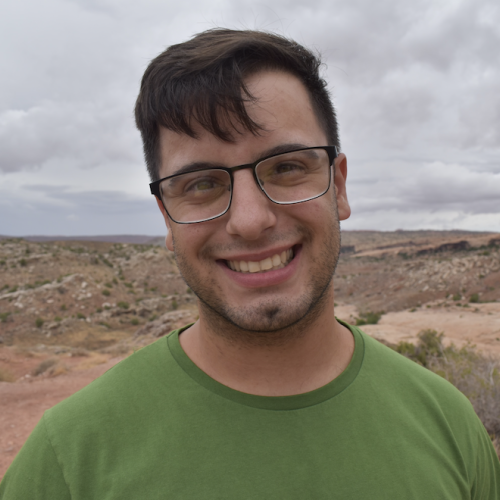
Offering Real-World Opportunities for Students Enrolled in Statistics and Data Science Undergraduate Research
The primary goal of this community-based service project is to provide experiential learning opportunities for undergraduates interested in statistics and data sciences while supporting the broader Austin-area community. Coordinating with local organizations, students enrolled in some of our SDS courses are gaining hands-on experience in data analysis while exploring authentic contexts. This innovative and collaborative effort provides a community-based model that allows students and local organizations to co-develop and answer real-world research questions.

Teaching Engineering through Murder Mysteries and Personalized AI Tutor
CE 357: Introduction to Geotechnical Engineering is a third year required undergraduate course that has traditionally been a challenging course for students due to its abstract nature. The average course rating for CE 357 is 3.8 in the last twenty years. I have successfully transformed the lecture modules to achieve a significant increase in interest and students’ performance in the course. Although preliminary work looks promising, I want to scientifically evaluate the effectiveness of the course and publish the findings.

Teaching Law and Religion
The aim of my proposed project is then the integration of the seemingly disparate studies of law and
religion. The study of both is an important branch of comparative law and global legal history that I aim

Strengthening the Sustainability Studies Degree
Sustainability Studies graduated its first sizeable cohort in 2022, and the program has yet to undergo a comprehensive review. Conversations with students revealed their desire for better access to the professional field of sustainability across the sectors of non-profit, government, and business. This is an area that the current structure of the degree does not adequately address. To address these concerns, I am proposing a three-pronged approach. My first initiative is to build a database of internships across the three sectors mentioned above.

Longhorn Mindfulness Project
This project focuses on mental health on campus. Specifically, the mental health and self-regulation challenges that mindfulness practices have been empirically shown to address: anxiety, depression, focus, and procrastination. There is strong empirical support for these benefits emerging around the 8-week mark of regular practice (10-15 minutes per day), which is feasible in the confines of the semester calendar.

Centralization of UT Resources
Resources related to accessibility at UT-Austin are not centralized in a single location that makes them easy for
students, staff and faculty to find them. As a result, UT community members cannot efficiently access the
resources they need because numerous different departments and units are responsible for them. Thus,

Imagery for Critical Thinking: A Pedagogical Approach for Engineering and Science Students
Most science and engineering courses are founded on abstract mathematical and/or analytical theories/concepts. Though the abstract concepts are essential to describe underlying scientific and engineering principles, the teaching pedagogy largely misses out on the utilization of imagery. We expect our students to master the subject we teach, but rarely do we provide them with the necessary tools to synthesize their acquired knowledge. Innovation gets stifled in the maze of abstract theories.

Enhancing Assessment Practices in Large Physics Courses
Large introductory physics courses at UT Austin typically rely on multiple-choice exams due to logistical constraints, including high enrollments and limited teaching assistant (TA) support. While recent instructional reforms have focused on student-centered pedagogies, assessment practices have lagged behind, limiting the alignment between how students are taught and how their learning is evaluated.

Academic Culture in McCombs School of Business
Project goal:
Elevate excellence in the classroom through new strategies to understand, measure, and improve rigor in all courses
Project objectives:
Each class is designed and delivered with the expectation of students learning at high levels
Each student is supported so they can accomplish learning at high levels
Each student demonstrates learning at high levels
Outcome:


